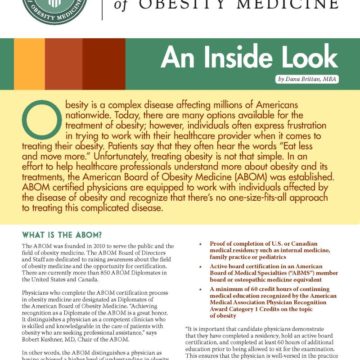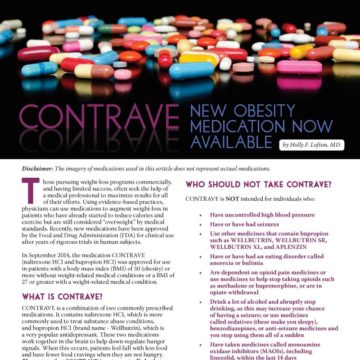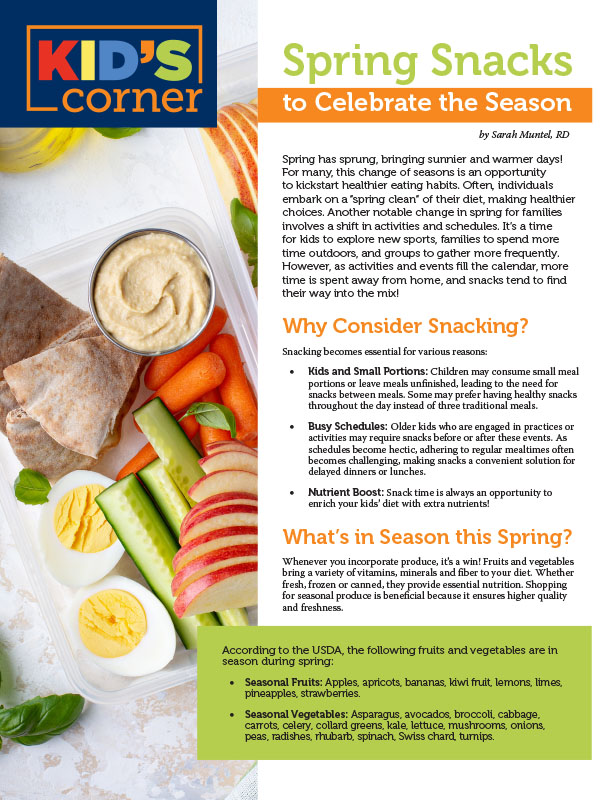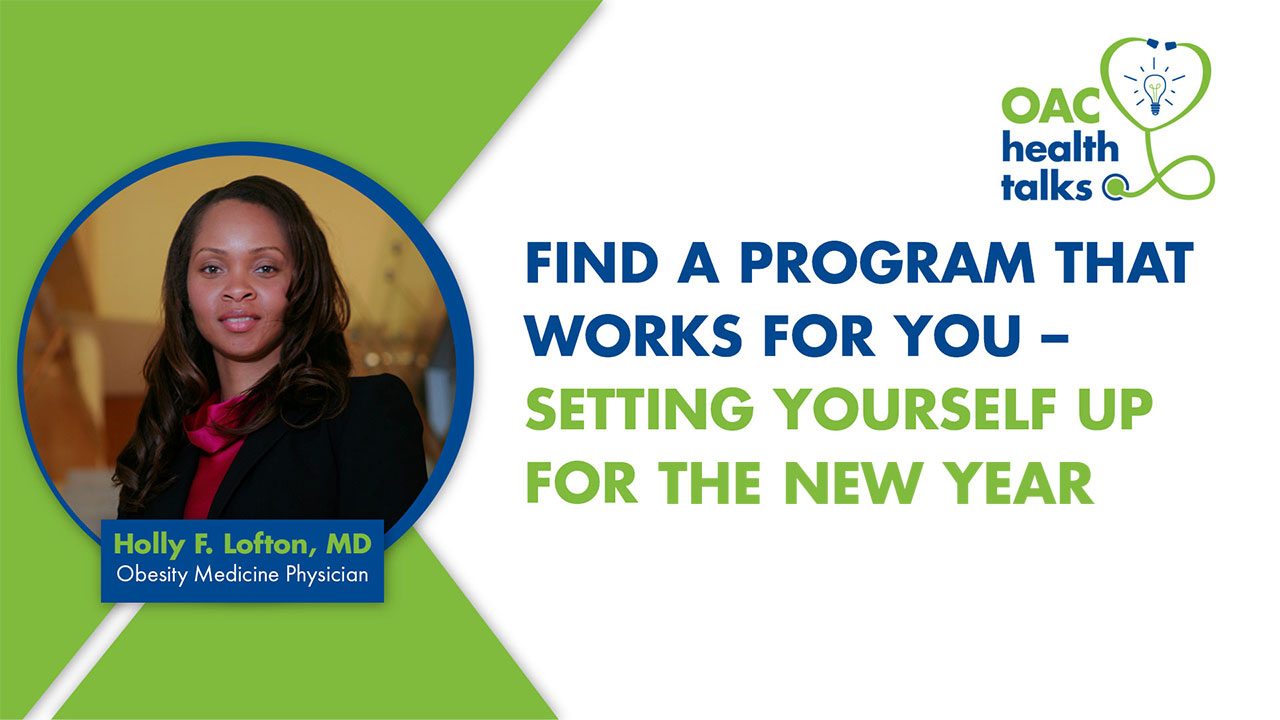Nutrition Tune-up – More than Numbers

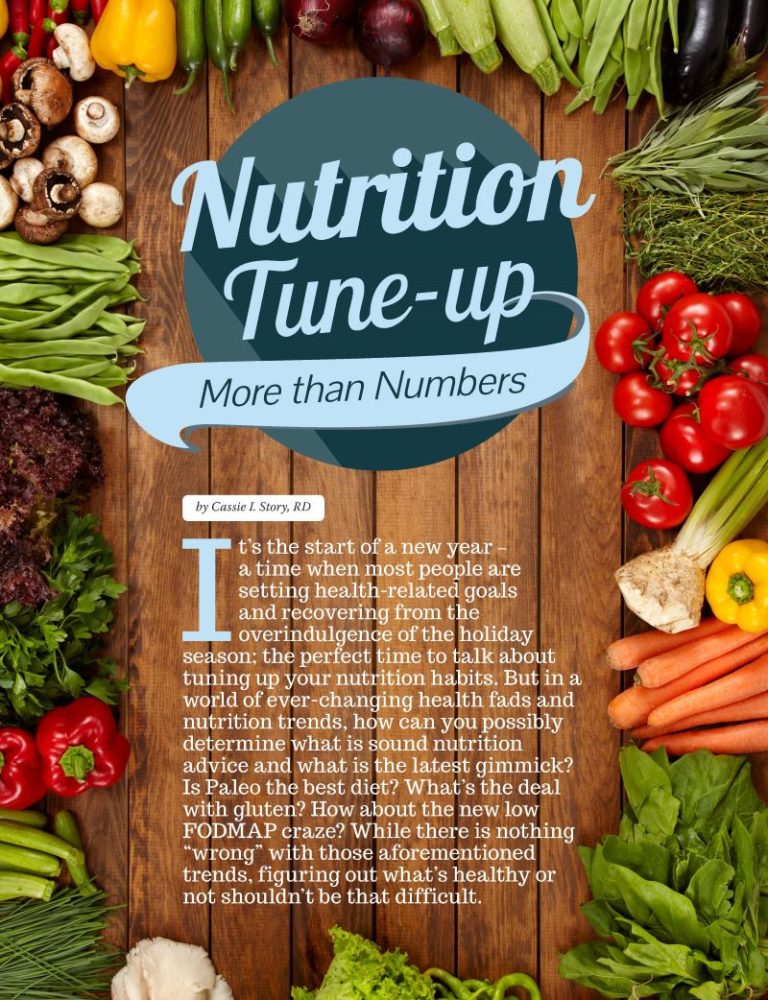
by Cassie I. Story, RD
Winter 2015
It’s the start of a new year – a time when most people are setting health-related goals and recovering from the overindulgence of the holiday season; the perfect time to talk about tuning up your nutrition habits. But in a world of ever-changing health fads and nutrition trends, how can you possibly determine what is sound nutrition advice and what is the latest gimmick? Is Paleo the best diet? What’s the deal with gluten? How about the new low FODMAP craze? While there is nothing “wrong” with those aforementioned trends, figuring out what’s healthy or not shouldn’t be that difficult.
Something that many nutrition health professionals are beginning to discuss is the quality of our food intake, not just the quantity. Meaning we are starting to look beyond the amount of calories or grams that a certain food contains and evaluating the nutrition benefits of the food itself. After bariatric surgery, there are likely certain “numbers” you are trying to achieve related to your daily intake. These daily “number” goals may include:
- 64 oz. of water or more
- 60 or more grams of protein
- Approximately 20 grams of fiber
- Various recommendations for vitamins and minerals based on your surgery type
However, only basing your food intake on specific nutrient goals opens up the opportunity for loopholes. You could, for example, drink two protein drinks per day to meet your daily protein goals, and then fill up on junk food and not give it a second thought because you “already hit your daily protein goal.” Is that benefiting you in any way? For long term health and weight maintenance, it is important to find a balance between fueling your body with the healthiest possible foods as well as meeting your daily nutrient goals.
This year I want you to start to look at the numbers on the food label, as well as the ingredient list to help guide you in your daily food choices. It’s time to move beyond quantity and choose foods for their nutrition quality as well.
Decrease Heavily Processed Foods
Although they can be convenient and sometimes a necessity, living on an intake of heavily processed foods is not the best way to ensure you are meeting your nutritional needs. First, let’s define what a processed food is.
A processed food is something that has been altered from its natural state.
Processing a food doesn’t automatically make it unhealthy. Food manufacturers use a variety of processing techniques from mechanically processing a food (freezing, canning, chopping, etc.) to chemically processing a food (adding a host of chemicals and ingredients to the food to increase flavor and extend shelf life). A wide range of foods are technically processed from healthy food such as, frozen fruit, 100-calorie packs of almonds, and cottage cheese to less nourishing types of foods like chips, candy and Twinkies.
What strategy can be used if we know that processing a food doesn’t necessarily make it unhealthy? A simple approach I like to use is reading the ingredient list. If it contains several items that you wouldn’t typically find in a home kitchen, it’s been heavily processed and should not make up the bulk of your daily food intake.
In our society, it would be highly unlikely to avoid processed foods entirely. The question becomes: how much processing the food underwent and what affect it has had on the nutrition quality of the food? A food that has been heavily processed typically has fat, sugar, sodium, and chemicals added to it and fiber, phytonutrients, and antioxidants removed from it.
What’s added?
Fat: Fat is typically added to give bulk to a food item or extend the shelf life. Look out for the words “partially hydrogenated” on the ingredient list to find out if the food item contains trans fats. Trans fats are known to increase the risk of heart attacks and strokes.
Sugar: When you begin evaluating the ingredient list on food labels, you may be surprised to find what foods have added sugar. Spaghetti sauce, bread, and even frozen chicken products often contain added sugar! Check the ingredient list for words like: sucrose, high-fructose corn syrup, dextrose, malt syrup, and maltose. All of these are types of sugar.
Sodium: Typically canned foods (soup, vegetables, beans, etc.) will have added sodium, which is needed to extend the shelf life.
Chemicals: A wide range of chemicals (ex: BHT, BHA, MSG, etc.) are added to food items in order to enhance the food’s appearance, extend the shelf life, or add texture or preserve /enhance the flavor.
What’s removed?
Fiber: A crucial nutrient that promotes a healthy gastrointestinal tract and is found in whole foods such as, beans, nuts, seeds, fruit, vegetables, and minimally processed whole grains.
Phytonutrients: Small nutrients that help protect the body’s immune system, fight infection, and promote growth and healing on a cellular level.
Antioxidants: Nutrients that protect the body from the negative effects of free radicals (damaged cells that can cause health problems for the body).
Another point of interest when it comes to processed foods has to do with something called the thermic effect of food. Did you know that our bodies require energy (or calories) to digest food? Processed foods require fewer calories to be digested compared to whole foods. A small study published in Food and Nutrition Research concluded that when participants ate a whole food meal compared to a processed food meal it required more work (calories) for the body to digest the whole food meal – in fact – it required twice the amount of calories for the body to break down the whole food meal compared to the processed food meal. From the findings of this study we can begin to see that eating a large intake of whole foods compared to processed foods would mean that we burn more calories throughout the day because of the work it takes to digest it.
Increase Whole Foods
A wide variety of nutrients are needed to maintain proper health, especially after having bariatric surgery. Whole foods contain the following:
- Fiber
- Antioxidants
- Vitamins
- Minerals
- Phytonutrients
Phytonutrients are a general name for nutrients that are found in plants. While the identification of phytonutrients has increased in recent years, there are countless more that remain undiscovered. Because of this, the only way to consume those unknown nutrients is to eat a variety of whole foods.
We also know from several studies that when nutrients are eaten in whole food form, they show health benefits. However, when studies have been conducted on single vitamins and minerals, they have not shown the same healthful effects. Keep in mind that following bariatric surgery, vitamin and mineral supplements are a daily necessity. Numerous studies indicate that patients will develop vitamin and mineral deficiencies if they do not take supplements, due to decreased absorption or lower total daily food intake, depending on the surgical type. They are, however, meant to supplement a healthy food intake, not take the place of eating healthy foods.
Let’s explore some simple strategies to increase whole foods in a society where eating out of a package or box is the norm.
- Wash and chop fresh vegetables when you get home from the grocery store. Place them into reusable to-go containers, or snack baggies in the refrigerator. Eat with minimally processed hummus or natural nut butter.
- Boil eggs on the weekend, so they are ready to grab at a moment’s notice during the week.
- Buy nuts or seeds in bulk and place appropriate portions into to-go containers or snack baggies.
- Prepare quinoa (according to package instructions) and keep in the refrigerator to make a simple breakfast. In a bowl, place 1/3 cup quinoa, 1 Tbsp. natural nut butter, and chopped fresh fruit or roasted apples. Quinoa is also a great addition to lunch or dinner.
- Add fresh or frozen fruit to minimally processed Greek yogurt.
- Sprinkle cinnamon on cottage cheese with chopped frozen peaches.
- Roll minimally processed deli turkey slices over a mozzarella cheese stick and top with fresh tomato slices and basil.
Remember:
Read not only the nutrition facts label, but also the ingredient list. If the ingredient list contains more ingredients than what you would find in a home kitchen versus actual recognizable food, it’s heavily processed and likely isn’t the healthiest food choice.
Compare labels – if you have a choice between two similar food items and one has been heavily processed and the other minimally processed, choose the more minimally processed item.
Putting it into Practice
Do you like microwavable breakfast sandwiches that contain 15 items that you’ve never heard of on the ingredient list? Could you turn that into a primarily whole food meal just as easily by slicing a hard boil egg (which you took time to prepare over the weekend), toast a whole grain English muffin and add some melted cheese?
Strawberry Greek Yogurt
Minimally Processed vs. Heavily Processed
Heavily processed Greek yogurt label:
cultured grade A non-fat milk, water, strawberry, sugar, fructose, modified corn starch, natural flavor, carrageenan, carmine and black carrot juice concentrate, sodium citrate, potassium sorbate, malice acid, vitamin D3.
Vs.
Minimally processed plain Greek yogurt label:
Grade A pasteurized milk and cream.
Served with fresh sliced strawberries.
Conclusion
Increasing whole foods may require some effort, but throughout time will reward you with an improvement in your health. Use some of the simple strategies listed in this article to spark ideas for increasing your daily intake of whole foods.
About the Author:
Cassie I. Story, RD, is a dietitian who has been working with bariatric patients for the past 10 years. She recently started a food blog, www.WLSDailyPlate.com, to help inspire healthy eating following weight-loss surgery. She enjoys cooking, hiking, and spending time with her two daughters in Arizona.
by Sarah Muntel, RD Spring 2024 Spring has sprung, bringing sunnier and warmer days! For many, this…
Read Articleby Nina Crowley, PhD, RD (with Inspiration from Shawn Cochran) Winter 2024 Dating, no matter your age,…
Read ArticleWith the holidays behind us and 2022 now here, many of us are ready to tackle our…
View Video




